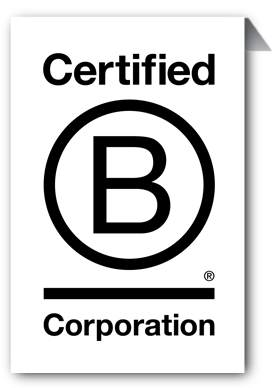Contribution Limits Changing
Hello from Sycamore,
Retirement and health savings plan contribution limits will be changing for the upcoming year. Here is an overview of what you need to know:
- 401(k), 403(b), 401(a), 457, and federal government Thrift Savings Plans contribution limits will be increased by almost 10% to $22,500.
a. Catch-up contributions for those aged 50 and over will be increased to $7,500 making the total contribution limit $30,000 for the year. - IRA contribution limits will be $500 higher and moved to $6,500.
a. Catch-up contributions for those aged 50 and over will remain the same at $1,000 making the total contribution limit $7,500 for the year. - SIMPLE IRA contribution limits will be raised by $1,500 to $15,500.
a. Catch-up contributions for those aged 50 and over will be increased to $3,500 making the total contribution limit $19,000 for the year. - SEP IRA contribution limits will be moved up to $66,000.
a. SEP IRAs do not allow for catch-up contributions. - Health savings account contribution limits will be higher at $3,850 for individuals and $7,750 for families.
a. Catch-up contributions for those aged 55 and over will remain the same at $1,000 making the total contribution limit $4,850 and $8,750 for the year
We encourage you to forward this email or share this information with anybody that you feel it could benefit. And as always, do not hesitate to reach out with any questions or concerns.
As always, never hesitate to contact us with any questions or concerns.
Thank you for your continued trust and support,
Sycamore Financial Group
***This article is distributed for general informational and educational purposes and is not intended to constitute legal, tax, accounting, or investment advice.***

 Through the purchase of Green-e Energy Certified Renewable Energy Certificates (RECs), we have ensured that our electricity use comes from renewable resources. Verified Carbon Offsets purchases have balanced the greenhouse gas emissions associated with all of our office locations, employee commutes, and business travel. Water Restoration Certificates® purchases have restored water to critically dewatered rivers and streams equivalent to at least the annual water consumption at our office locations.
Through the purchase of Green-e Energy Certified Renewable Energy Certificates (RECs), we have ensured that our electricity use comes from renewable resources. Verified Carbon Offsets purchases have balanced the greenhouse gas emissions associated with all of our office locations, employee commutes, and business travel. Water Restoration Certificates® purchases have restored water to critically dewatered rivers and streams equivalent to at least the annual water consumption at our office locations. What is a Certified B Corporation? B Corps™ are for-profit companies that use the power of business as a force for good. B Corps™ meets the highest verified standards of social and environmental performance, transparency, and accountability. To become a B Corps™, a company must prove to an independent third-party organization named B Labs® that they operate not solely with profits in mind but are good stewards of the environment, contribute to the local community, and act in ethical manners.
What is a Certified B Corporation? B Corps™ are for-profit companies that use the power of business as a force for good. B Corps™ meets the highest verified standards of social and environmental performance, transparency, and accountability. To become a B Corps™, a company must prove to an independent third-party organization named B Labs® that they operate not solely with profits in mind but are good stewards of the environment, contribute to the local community, and act in ethical manners.